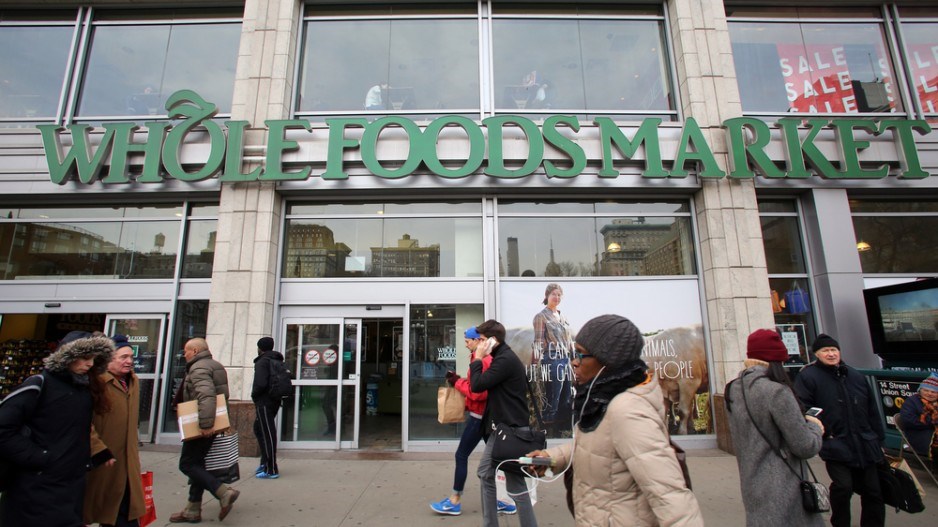B.C. was the only big province to hit the Bank of Canada’s target inflation rate in August, according to Statistics Canada.
The national inflation rate edged up slightly year-over-year to 1.4%, while consumer prices in B.C. rose to 2% during that same period.
A month earlier, national inflation registered at 1.4% and B.C. inflation registered at 1.8%.
“The smallest province — PEI [Prince Edward Island] — is actually leading all others with an inflation rate of 2.3% [year-over-year] but with no material effect on the national totals,” economist Derek Holt, Scotiabank's head of Capital Market Economics, said in a note to investors.
Gas prices led the way in gains on the consumer price index, rising 8.6% year-over-year and 2.9% between July and August.
Grocery prices made slight gains after almost a year of deflation, with prices rising 0.3% year-over-year.
“We’ll see how the Amazon-led grocery price war plays out here,” BMO senior economist Robert Kavcic said in a note to investors, referring to Amazon’s (Nasdaq: AMZN) recent acquisition of Whole Foods that result in price cuts to various products.




